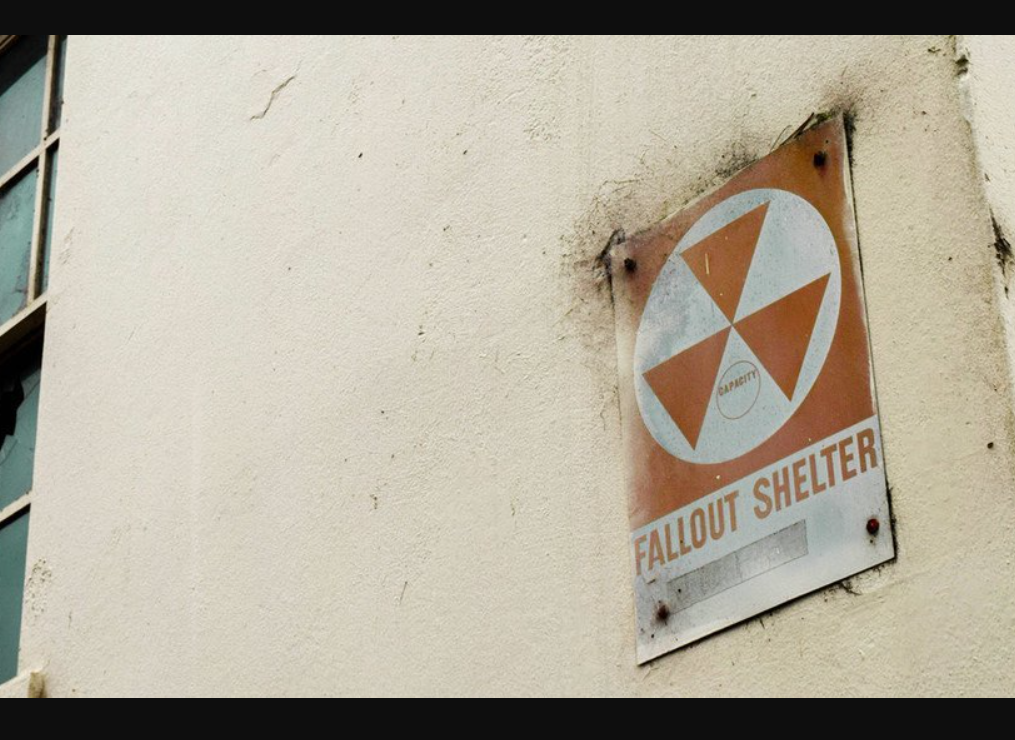Fu Ying, Founding Chair of Center for International Security and Strategy, Tsinghua University; China's former Vice Minister of Foreign Affairs
Nov 24, 2022
This is a highlight moment for ASEAN, with the ASEAN Summit, the G20 Summit and the APEC Economic Leaders’ Meeting coming soon. By hosting these events, ASEAN will be able to demonstrate to the world its strong will and capability to unite the region and provide new impetus for the post pandemic recovery.
Joseph S. Nye, Professor, Harvard University
Oct 12, 2022
Russia’s war in Ukraine is the most disruptive conflict that Europe has seen since 1945. While many in the West see a war of choice by Russian President Vladimir Putin, he says that NATO’s 2008 decision in favor of eventual Ukrainian membership brought an existential threat to Russia’s borders, and still others trace the conflict back to the Cold War’s end and the failure of the West to support Russia adequately after the collapse of the Soviet Union. How can we discern the origins of a war that may last for years?
Richard Javad Heydarian, Professorial Chairholder in Geopolitics, Polytechnic University of the Philippines
Sep 30, 2022
As a former U.S. colonial subject, the Philippines has retained close cultural and official ties to Washington. The new Philippine president, Ferdinand Marcos Jr., has shown that he intends to deviate from his predecessor’s distancing from the United States by rebuilding relations with the West while simultaneously drawing closer to Asian nations - including China.
Li Yan, Director of President's Office, China Institutes of Contemporary International Relations
Sep 19, 2022
The many tensions that exist already between the U.S. and China already seemed to border unmanageable. And with the Russia-Ukraine conflict continuing to rage on, its long term effects will surely spill over into the relationship between East and West.

Zhang Tuosheng, Principal Researcher at Grandview Institution, and Academic Committee Member of Center for International Security and Strategy at Tsinghua University
Sep 14, 2022
Regional strategic stability depends upon sincere outreach to the DPRK by major powers. Think tanks from China, the U.S. and the ROK have already reached many useful common understandings. They should explore a road map for denuclearization and a peace mechanism and invited the DPRK to participate.

Zhang Tuosheng, Principal Researcher at Grandview Institution, and Academic Committee Member of Center for International Security and Strategy at Tsinghua University
Sep 07, 2022
Generally speaking, the China-U.S.-Japan trilateral relationship is in a state of turbulence and serious imbalance. The Russia-Ukraine war and the latest Taiwan crisis have further eroded stability. Here is what’s needed now.
Richard Javad Heydarian, Professorial Chairholder in Geopolitics, Polytechnic University of the Philippines
Sep 06, 2022
Russia has struggled to maintain strategic momentum in Southeast Asia because of Western sanctions. The Eurasian powerhouse’s setbacks in Southeast Asia will ultimately strengthen the centrality of both China and the U.S. in shaping the regional security architecture.
Richard Javad Heydarian, Professorial Chairholder in Geopolitics, Polytechnic University of the Philippines
Aug 10, 2022
South Korea has become a dynamic economic force in the 21st century - and as a neighbor of China that hosts multiple U.S. army bases, has grown increasingly important as a potential player in the Quad’s designs for a security encirclement of China.
Wu Zhenglong, Senior Research Fellow, China Foundation for International Studies
Jul 25, 2022
A peaceful resolution may be achieved in Ukraine but only under certain conditions - ones which don’t appear to be materializing any time soon.
John Gong, Professor at University of International Business and Economics and China Forum Expert
Jul 13, 2022
When President Lyndon B. Johnson sent two battalions of U.S. Marines ashore the beaches at Danang in Vietnam on March 8, 1965, he probably had never imagined that America’s subsequent gradual military escalation would reach the height of over half a million troops, suffering more than 58,000 casualties, and eventually resulting in a totally disgraceful withdrawal after 8 years of brutal but futile fighting to shore up the Saigon regime